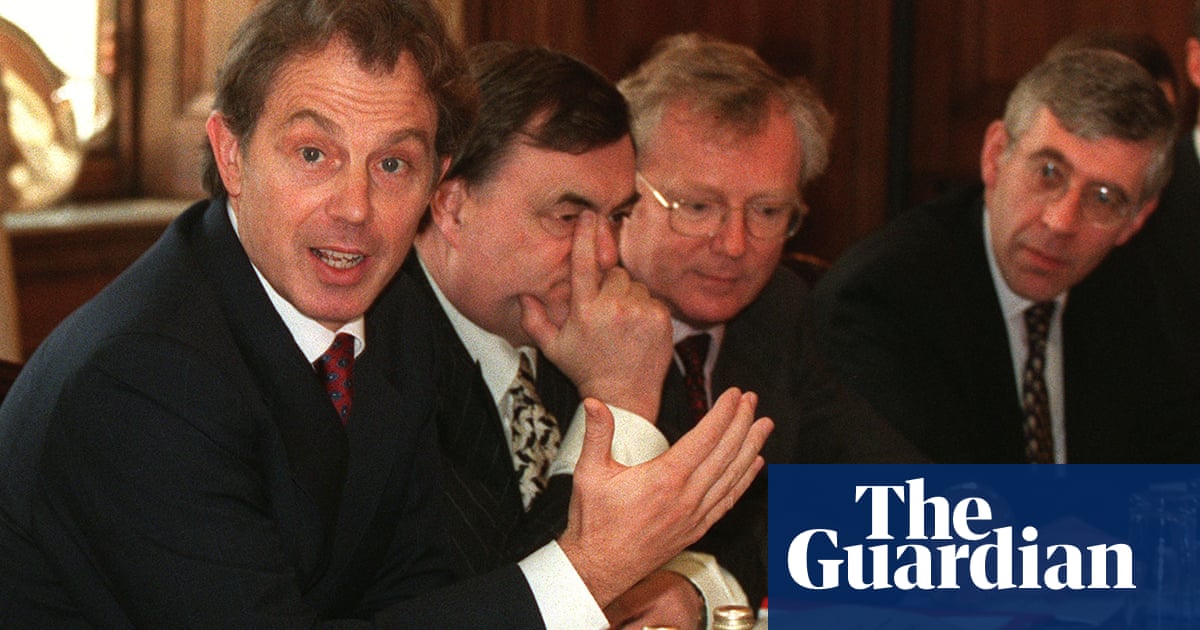The minimum wage has driven up the pay of millions of Britain’s lowest earners by £6,000 a year, making it the single most successful economic policy in a generation, according to a leading thinktank.
Since its introduction in 1999 by Tony Blair’s first Labour administration the policy has secured cross-party agreement, and should be seen as the basis for further improvements in the welfare of low wage workers, the Resolution Foundation said.
The minimum wage will increase on Monday 1 April as it rises from £10.42 to £11.44, in the third-highest annual change in its history – a rise of 9.8% in cash terms and 7.8% above inflation.
In a study released to mark 25 years since the policy’s introduction, the foundation said workers would have been £6,000 a year worse off since 1999 if their pay had only risen in line with average wages rather than the increases recommended by the independent Low Pay Commission.



Is there really no way to fix the value of the currency? Have any countries tried something other than increasing minimum wage? Not sure about the UK but here each minimum wage boost, things just gradually become more expensive or you get less product for the same price.
Funnily enough every time this is studied the correlation is never really there. Minimum wages going up are typically a result of things getting more expensive not vice versa.
It’s pretty easy to reason about too: the big organisations handling huge sums of money in a country have a much greater impact on an economy than the group of people (about 1%) making the bare minimum possible in order to to survive.
The only way it goes up explicitly because of minimum wage is if a business owner decides to maliciously meddle with supply and demand pricing to explicitly target people who might get a minimum wage increase—but no business owner intending to continue to do business would hand their competitor an advantage like that.
Minimum wage increases are generally proven to benefit pretty much everyone at all economic levels (yes, even business owners, because their customers are able to be more liberal with spending)
Minimum wage raises have almost no effect on inflation rates, or “shrinkflation” for that matter. The rises in minimum wage have been frequent over the last few years but it’s almost entirely been cost push inflation that’s caused the cost of living to be so much higher and so swiftly over the last few years. Longer term here’s actually been huge wage stagnation for most. Which is its own issue. Off the back of the cost push causation, the UA invasion by Russia, covid etc profiteering by companies is definitely happening too.
New Labour had the longest period of sustained low inflation since the 1960s, despite overseeing a massive increase in wages for the lowest paid.
Increasing minimum wage doesn’t really affect inflation.